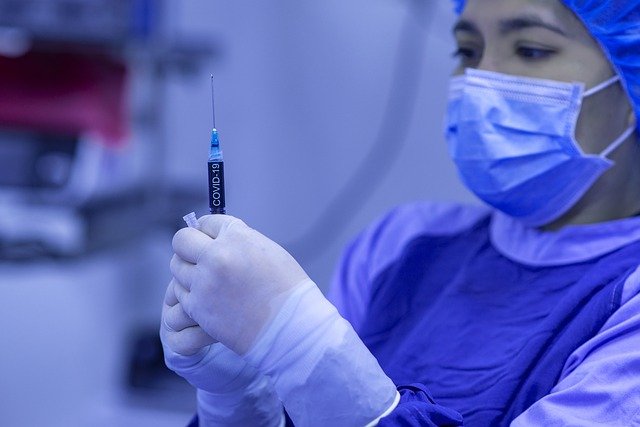Beginning today (1st July 2021), the 27 European Union (EU) countries start the implementation of a ‘Covid-19 Digital Green Pass’ that is meant to ease travel to Europe for vaccinated and recovered passengers. The document contains information about an individual’s vaccination status, PCR test results or recovery from Covid-19.
The document is presented as a QR code and the traveller can decide to carry it as paper or in a digital format.
What’s however concerning about the document is the fact that it only recognizes vaccines registered in the European Medicines Agency (EMA). Out of over a dozen vaccines in the market, only four qualify for this category. These are the ones made by AstraZeneca, Moderna, Pfizer and Johnson & Johnson.
For AstraZeneca, the EMA has only approved the version of the jab made in Europe. Covishield, which is a licensed version of the AstraZeneca vaccine produced by India’s Serum Institute for use in India and other developing countries does make the cut.
Under these regulations, persons who received Covishield, despite being able to demonstrate proof of vaccination, would continue to be subject to public health restrictions, including limitations of movement and testing requirements, with considerable administrative and financial implications.
Is there any logic to it?
The logic
Covishield is basically very similar to AstraZeneca, it is developed using the same formula and technology and create nearly identical immune responses. Perhaps the only differences are branding and packaging. So why does this vaccine that has been approved by the WHO, a body headquartered in Europe, for Africa’s 1.3 billion people and India’s 1.2 billion receive second-class treatment from the EMA?
It’s illogical that EMA would put such restrictions on a vaccine whose formula is derived under license from a similar one that is already approved in Europe. If anything, why would the Serum Institute register its vaccine in Europe while its intended recipients are in Africa and Asia?
The bigger picture that the Covid-19 Digital Green Pass shows is a perception perpetuated by the EMA with EU’s backing that vaccines produced anywhere else other than the western hemisphere are inferior. Quite a concerning ideology especially bearing in mind that it’s the same western countries that prioritized their own populations with the vaccine rollouts in what many termed “vaccine nationalism.”
While the West is currently considering vaccinating their younger populations, including those as young as eleven, countries in Africa and parts of Asia do not have enough vaccines to cater for their critical populations who include frontline workers and other high-risk groups.
AU response
The Africa Union AU and the Africa CDC expressed their concerns about this move by the EU in a recent statement.
“The current applicability guidelines put at risk the equitable treatment of persons having received their vaccines in countries profiting from the EU-supported COVAX Facility (Covishield), including the majority of the African Union (AU) the Member States,” read the statement.
The AU and the Africa CDC find these developments concerning considering that the Covidshield vaccine has been the backbone of the EU-supported COVAX contributions to the AU Member States’ vaccination programmes.
Perhaps another question would be what signal does this send to those who have been hesitant to take the jab in places like the Democratic Republic of Congo whose COVAX supplies had to be rerouted to other countries due to slow uptake?
Impact on vaccine uptake
The move by the EU and EMA to only recognize four vaccines out of the over a dozen approved by the WHO for free movement in the region will become an impediment in the fight against Covid-19 as far as changing perceptions on vaccines is concerned.
Coming at a time when efforts to have as many people as possible vaccinated to achieve herd immunity are already being slowed down by scepticism, fake news and conspiracy theories – this new development will definitely fit into the anti-vaccine narratives already in circulation.
It is however worth noting that eight EU countries have already included Covishied in their lists of approved vaccines. These are Germany, Slovenia, Austria, Greece, Iceland, Ireland, Spain and Switzerland. This may not however do much to increase access into the region for travellers from Africa who mainly access these countries with the Netherlands and France as their main points of entry.
The fight against Covid-19 is a global and not a national fight. No country is safe until all countries are safe – especially with how the virus quickly mutates into new variants. It is therefore important that countries avoid sending negative signals that might impede vaccine rollouts in the developing world.
But equally important, is for global leaders to be more careful about the coded messages their decisions are sending. While Europe seems eager to open its doors to travellers from the EU and other Western countries, they are at the same time sending a signal that could be interpreted as closing their borders to travellers from Africa and other developing countries – “a new form of apartheid,” someone may argue.
Cover Image by fernando zhiminaicela from Pixabay



